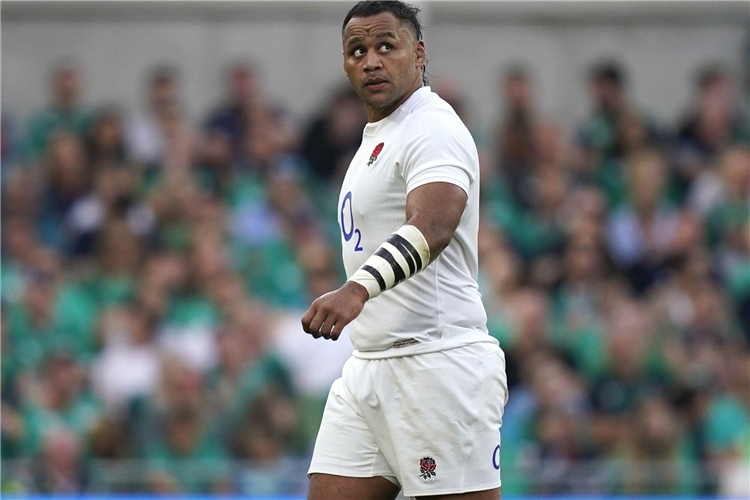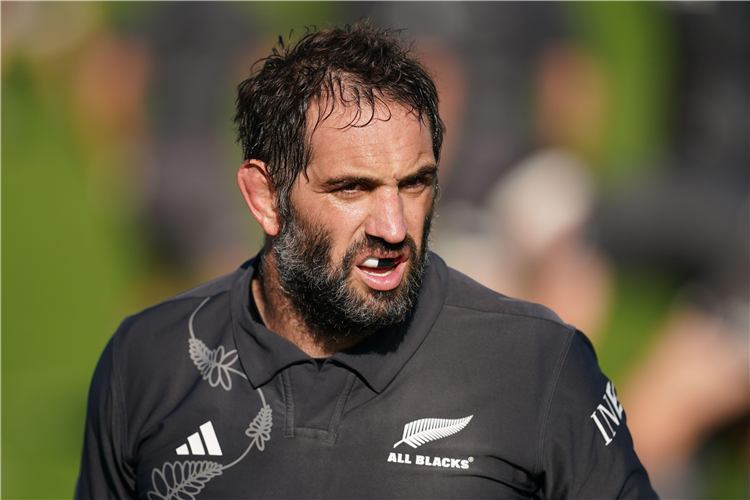The International Rugby Board has announced a series of new rule changes, including giving more power to video referees.
Rugby's television referees will be given wider powers under a series of rule changes that will be implemented later this year.
The amendments, which were announced on Tuesday by the International Rugby Board, will also set a 90-second limit for conversion attempts and restrict the amount of time the ball can be held at the back of a ruck.
The IRB says the changes will be implemented on a trial basis from August in the northern hemisphere and from January in the southern, applying at domestic and international level.
The most far-reaching of the changes concerns the powers given to television match officials, who will now be able to rule on foul play and on incidents which occur inside the field of play in the lead-up to a try.
Under current rules, TMOs can only rule on events which occur in-goal and in the act of scoring a try. They will now be able to advise the referee on incidents which may have occurred in the field of play in the lead-up to a try being scored.
TMOs will also be able to advise referees on incidents of foul play.
In other changes, conversion kicks will have to be completed within 90 seconds of a try being awarded.
At rucks, the ball will have to be used within five seconds of becoming available at the back of a ruck after the referee has instructed a team to "use it."
When the ball goes into touch from a knock-on, the non-offending team will have the choice of a lineout at the point the ball crossed the touchline or a scrum where the knock-on occurred.
Quick lineouts will be able to be taken by a player anywhere outside the field of play between the line of touch and the players' goal line. When a penalty or free kick is awarded at a lineout, the non-offending team will have the choice of a further lineout at which it will have the throw-in.
The TMO changes will be part of three specific additional tries implemented by the IRB and could be in operation in Test matches by November.
A trial has also been sanctioned for the November Test window which will allow international teams to nominate eight replacements in their match-day squad, rather than the current seven. The eighth player must be a qualified front-rower.
The law changes have come from recommendations of the IRB's independent Laws Representative Group, which comprises representatives from each of the 10 tier-one nations and the IRB Rugby Committee.
The IRB said extensive evaluation of the amendments had already taken place at Cambridge and Stellenbosch Universities.
"The Laws Representative Group were encouraged by the outcomes of the initial trials in Cambridge and Stellenbosch," IRB chairman Bernard Lapasset said. "The next step is a global trial with full buy-in and which has been approved by council on the basis that the amendments can have a positive effect on the playing of the game.
"The global trials are not fait accompli. It is essential at the end of the global trial process that decisions made are in the best interest of rugby worldwide."




